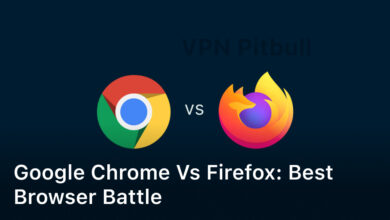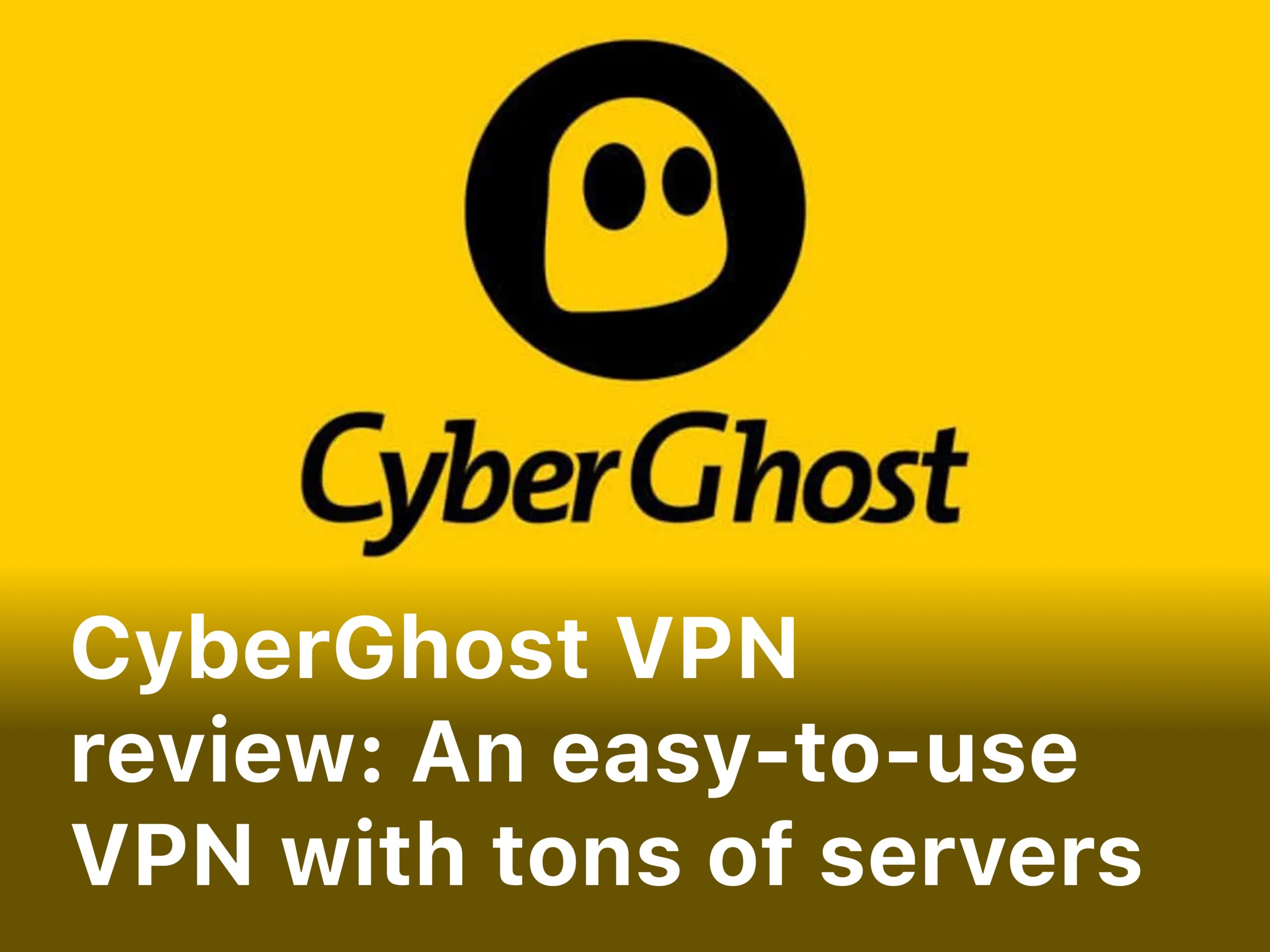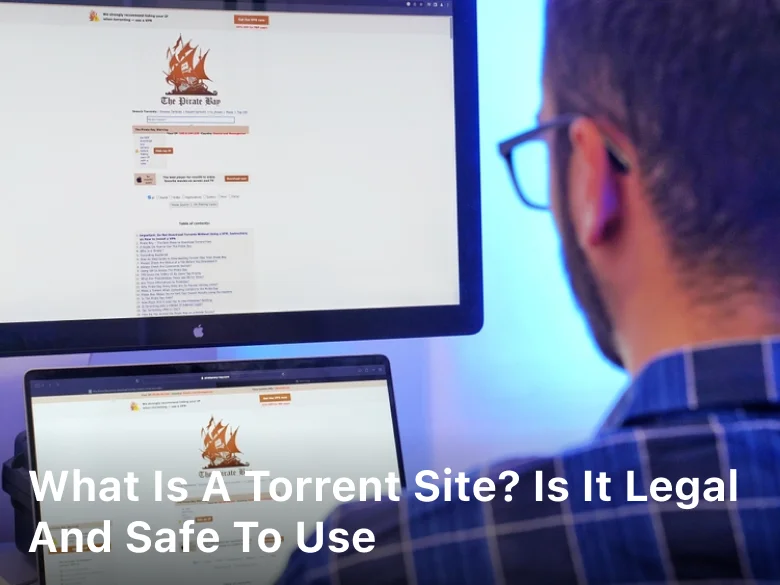But first, let’s discuss what VPNs are and how they work. A Virtual Private Network (VPN) is a service that allows users to access the internet through a remote server. This remote server encrypts the user’s data and masks their IP address, making it difficult for anyone to track their online activity or location.
VPN usage has become increasingly popular in recent years due to concerns over online privacy and security. It has also been used to access content that is region-blocked or not available in a user’s country.
Netflix is one of the most popular streaming services globally, with millions of users worldwide. It has also become the target of VPN usage due to its vast library of TV shows and movies that are not available in certain countries. However, Netflix has been actively blocking VPNs since 2016, making it difficult for users who rely on VPNs to access the content they want.
In this article, we will explore the reasons behind Netflix’s decision to block VPNs, the methods it uses to detect VPN usage, the implications of this decision, and possible workarounds that users can use to bypass Netflix’s VPN detection.
How Does Netflix Identify and Block VPNs?
Netflix has put in place several measures to identify and block VPN usage on their platform. The streaming giant employs a combination of methods, including:
IP Address Blocking
Netflix uses geolocation technology to monitor the IP addresses of users accessing their platform. VPN users often try to hide their actual location by masking their IP address with one from a different country. However, Netflix can identify these disguised IP addresses and block them from accessing their content.
DNS Leaks
Netflix also uses DNS (Domain Name System) leaks to track VPN usage. DNS is used to translate human-readable website names into machine-readable IP addresses. VPNs can sometimes cause DNS leaks that reveal the user’s actual IP address, making it easy for Netflix to detect and block the VPN.
Blacklisting VPN Servers
Netflix maintains a list of known VPN servers and continuously adds to it. When a user attempts to connect to a server on this list, Netflix can identify it as a VPN and block their access to its content.
While these methods are not foolproof, Netflix has been successful in blocking a large number of VPNs from accessing their platform. As a result, VPN users often face consequences that include:
Content Inaccessibility
When Netflix blocks a VPN, users can no longer access content that is only available in specific regions. This can be frustrating for users who rely on VPNs to access their favorite shows and movies from other countries.
Account Suspension
If Netflix detects VPN usage on a user’s account, they may suspend or even terminate their subscription. This is because VPN usage violates Netflix’s terms of service, which prohibits the use of proxies and unblockers.
Despite these consequences, many users still attempt to bypass Netflix’s VPN detection technology. In the next section, we’ll explore some of the workarounds users employ to access Netflix content while using a VPN.

Implications of Netflix Blocking VPNs
As more and more people turn to VPNs for security and privacy reasons, the decision by Netflix to block them has significant implications. While Netflix argues that this is necessary to ensure compliance with licensing agreements and prevent unauthorized access to content, the move has created a number of issues for users.
Many users rely on VPNs to access region-specific content that is not available in their country. This includes popular shows and movies that are available in other regions but are not licensed for streaming in the user’s country. Blocking VPNs makes it difficult or impossible for these users to access the content they want to watch. This limits their streaming experience and creates frustration.
Moreover, VPNs provide an important layer of privacy and security for users. They encrypt internet traffic, making it difficult for anyone to intercept or monitor user activity. By blocking VPNs, Netflix may be indirectly putting users at increased risk of online surveillance and data breaches.
The decision to block VPNs also raises legal and licensing concerns. Some users argue that they should have the right to access content that they have paid for, regardless of their location. Others argue that VPN usage violates the terms of service of streaming services like Netflix and could result in legal action.
Ultimately, the implications of Netflix blocking VPNs are significant for users who rely on them for privacy, security, and access to region-specific content. While there are workarounds available, they are not foolproof and may come with drawbacks. As streaming services continue to crack down on VPN usage, it remains to be seen how users will adapt to these changes.
Read More : 5 Best VPN for Streaming Twitch Reddit
Workarounds for Netflix Blocking VPNs
As we discussed earlier, Netflix has successfully put in place measures to identify and block VPN usage. However, there are several strategies that users employ to bypass these restrictions.
Changing Servers
One of the most common workarounds is to switch to a different VPN server. Since each server has a unique IP address, changing to a different one can help users evade detection. However, it’s important to note that not all servers may work, and some may be blacklisted by Netflix.
Using Dedicated IP Addresses
Another option is to use a dedicated IP address. This is an IP address that is exclusively assigned to a single user, making it less likely to be detected by Netflix’s VPN ban. However, dedicated IP addresses can be more expensive than regular VPN subscriptions.
Using SmartDNS
Some users opt to use SmartDNS instead of VPNs. SmartDNS is a service that reroutes a user’s DNS traffic, allowing them to access geo-blocked content without changing their IP address. SmartDNS can be faster than VPNs and can work with devices that don’t support VPNs, such as gaming consoles. However, it doesn’t provide the same level of security and privacy as a VPN.
Using Proxy Servers
Finally, some users use proxy servers to bypass Netflix’s VPN detection. Proxies work by forwarding traffic through a middleman server located in a different location. However, proxies can be slow, unreliable, and may not always work with streaming services like Netflix.
It’s important to note that while these workarounds may allow users to access Netflix from different locations, they may violate Netflix’s terms of service and put users’ privacy at risk. Furthermore, Netflix is constantly updating its VPN detection technology, so these strategies may not always be effective.
Conclusion
Throughout this article, we’ve explored the issue of Netflix blocking VPNs and how it affects your viewing experience. We’ve discussed the methods used by Netflix to identify and block VPN usage and the implications of this decision for users.
The Impact
For those who rely on VPNs for privacy or to access region-specific content, the impact of Netflix blocking VPNs is significant. It means that they can no longer access the content they want or need to, and may have to resort to other methods to achieve their goals.
Workarounds
There are workarounds available for those who want to bypass Netflix’s VPN detection, but they come with risks and potential drawbacks. It’s important to weigh up the pros and cons before deciding whether to use them.
The Call-to-Action
As users, we have a voice in this matter. We can explore alternative viewing options or voice our concerns to Netflix about the impact of their decision to block VPNs. By doing so, we can ensure that our viewing experience remains as seamless and enjoyable as possible.
Thank you for reading, and we hope that this article has shed some light on the issue of Netflix blocking VPNs.
FAQ
Why is Netflix blocking VPNs?
Netflix is blocking VPNs to enforce regional licensing agreements and prevent users from accessing content that is not available in their specific region. This helps ensure that streaming rights are properly upheld and that content is provided in accordance with copyright laws and licensing agreements.
What are VPNs and how do they work?
VPNs, or Virtual Private Networks, are tools that allow users to create a secure and private connection to the internet. They work by encrypting the user’s internet traffic and routing it through a server located in a different location, thus masking the user’s IP address and providing anonymity and privacy.
How does Netflix identify and block VPNs?
Netflix employs various methods to detect VPN usage. These include analyzing IP addresses, monitoring traffic patterns, and blocking known VPN servers. Netflix’s detection technology has become more sophisticated over time, making it more challenging for VPN users to bypass the restrictions.
What are the implications of Netflix blocking VPNs?
The blocking of VPNs by Netflix has significant implications for users. Those who rely on VPNs for privacy or to access region-specific content may find their viewing experience limited. Additionally, it raises concerns about the potential erosion of internet privacy and the impact on users’ freedom to access information.
Are there any workarounds for Netflix blocking VPNs?
While there are some workarounds available, they may not be reliable or effective in the long term. These include using different VPN servers, using DNS proxy services, or accessing Netflix through alternative streaming platforms. However, it’s important to note that using such workarounds may violate Netflix’s terms of service and could result in account suspension.
Can I still access region-specific content on Netflix without a VPN?
Netflix has implemented measures to prevent users from accessing content that is not available in their region, even without a VPN. However, some region-specific content may still be accessible through legitimate means, such as partnerships with local content providers or licensing agreements.






